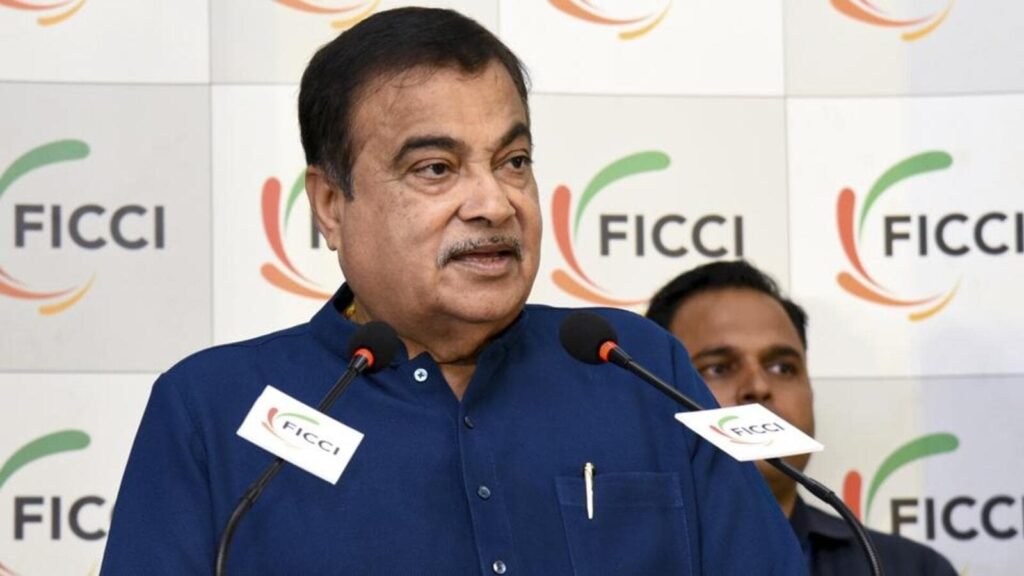Science and technology alone can make India a global leader, Union minister for road transport and highways Nitin Gadkari said on Tuesday, delivering the fifth memorial lecture in honour of former President and Bharat Ratna APJ Abdul Kalam at the India Islamic Cultural Centre.
“Science and technology are the only things that can make India a Vishwaguru and the largest economy,” Gadkari said.
He also spoke about how agricultural stress and rural distress is primarily due to the water crisis. “But there is no shortage of water in the country,” he said, adding that earlier governments did not give it enough priority.
“I tell you with great responsibility that the first priority was irrigation, and if irrigation was done for 55-60% of the areas, then agricultural production would have increased by 2.5 times, and per capita income would have increased,” he said.
Extending innovation and application to rural areas could play a transformational role in improving the lives of farmers and villagers, which in turn would reduce distress migration to cities, the Union minister said, adding that the application of artificial intelligence and drip irrigation can make agriculture sustainable for most parts of the country.
“Farmers need technology that increases productivity and reduces costs. When villages prosper, people do not feel forced to migrate. Today, many of the people who are migrating to the cities are not doing it by choice,” he said.
At the same time, diversification in agriculture towards the energy and power sector is also important, Gadkari noted. He said that due to the demand for ethanol, the market price of maize had doubled, leading to an increase in farmers’ income.
Gadkari also outlined ongoing efforts to develop emission-free tractors and construction equipment. The minister linked technological advancement in agriculture with environmental sustainability, noting that innovation must serve both economic growth and ecological balance. He also claimed that within the next few years, all legacy landfills will be removed as they will be used in building roads, and advocated for establishing circular economies in these sectors. “We have already reduced the height of the waste dump in Ghazipur by seven metres,” he said.

